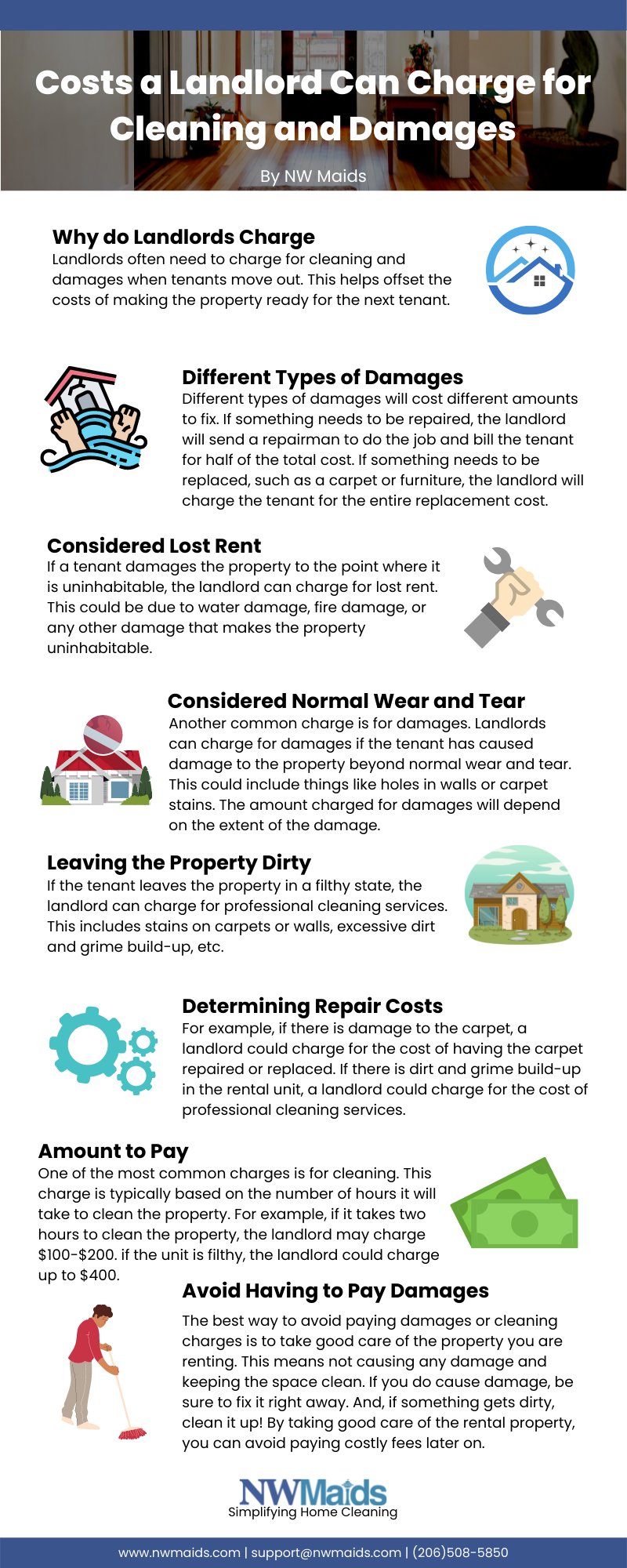

What Compensation For Landlord Negligence: Explained
Compensation for landlord negligence can vary depending on the circumstances. The amount may cover damages to property, health expenses, or even emotional distress. Understanding how much compensation for landlord negligence you may be entitled to is crucial in seeking justice. Factors such as evidence, documentation, and legal representation play a significant role in determining the final compensation amount. Let’s explore this important topic further to empower tenants in asserting their rights.
How Much Compensation for Landlord Negligence: Understanding Your Rights
Welcome to our comprehensive guide on how much compensation you may be entitled to if you have experienced landlord negligence. As a tenant, it’s important to know your rights and understand the potential recourse available to you in case your landlord fails to meet their obligations. In this article, we will delve into the various aspects of landlord negligence, the types of compensation you may seek, and the factors that can influence the amount you could receive.
What is Landlord Negligence?
Before we dive into the specifics of compensation, let’s first understand what constitutes landlord negligence. Landlord negligence occurs when a landlord fails to maintain a safe and habitable living environment for their tenants. This can include neglecting necessary repairs, ignoring health and safety hazards, and failing to address issues that could affect the well-being of tenants.
In legal terms, landlord negligence is a breach of the landlord’s duty of care towards their tenants. When a landlord neglects their responsibilities, they can be held liable for any harm or damages that result from their negligence.
Types of Compensation for Landlord Negligence
If you have been a victim of landlord negligence, you may be entitled to various forms of compensation to address the damages and losses you have suffered. The types of compensation you can seek may include:
1. Property Damage
If landlord negligence has resulted in damage to your personal belongings or rental property, you may be able to claim compensation to cover the cost of repairs or replacements. Documenting the damage and keeping records of the expenses incurred will strengthen your case when seeking compensation.
2. Medical Expenses
If you have sustained injuries or illnesses due to unsafe living conditions caused by landlord negligence, you may be eligible to claim compensation for medical expenses. This can include hospital bills, medication costs, and any other healthcare-related expenses directly resulting from the negligence of your landlord.
3. Emotional Distress
Living in a hazardous or unhealthy environment due to landlord negligence can take a toll on your mental and emotional well-being. You may be able to seek compensation for the emotional distress and suffering caused by the negligence of your landlord. Keeping a journal of how the negligence has impacted your mental health can support your claim for emotional distress.
Factors Influencing Compensation Amount
When determining how much compensation you may receive for landlord negligence, several factors come into play. Understanding these factors can help you gauge the potential compensation amount and prepare for the compensation claim process.
1. Severity of Negligence
The extent of the landlord’s negligence and the impact it has had on you as a tenant will play a significant role in determining the compensation amount. The severity of the conditions caused by the negligence, such as health hazards or structural damage, will be taken into account when calculating compensation.
2. Documentation and Evidence
Strong documentation and evidence of the negligence and its consequences are crucial in supporting your compensation claim. Keeping records of communication with the landlord, documenting the issues, taking photographs, and collecting relevant paperwork will strengthen your case and increase the likelihood of receiving fair compensation.
3. Length of Neglect
The duration for which the landlord’s negligence persisted can also impact the compensation amount. Prolonged neglect that has caused ongoing harm or inconvenience may result in a higher compensation payout compared to isolated incidents of negligence.
4. Legal Representation
Seeking legal advice and representation can greatly influence the outcome of your compensation claim. A knowledgeable attorney specializing in landlord-tenant disputes can help navigate the legal complexities, assess the value of your claim, and negotiate on your behalf to secure a fair compensation amount.
In conclusion, understanding your rights as a tenant and the potential compensation available for landlord negligence is essential for protecting yourself in case of any misconduct or neglect on the part of your landlord. By being aware of the types of compensation you can seek, the factors that can influence the compensation amount, and the importance of documentation and legal representation, you can better position yourself to address any issues that may arise due to landlord negligence.
If you believe you have been a victim of landlord negligence, don’t hesitate to seek guidance from legal experts and pursue the compensation you deserve. Remember, your safety and well-being as a tenant are paramount, and holding landlords accountable for their actions is key to maintaining a safe and livable rental environment.
We hope this guide has provided you with valuable insights into the compensation process for landlord negligence and empowered you to take the necessary steps to protect your rights as a tenant.
How To Prove Landlord Negligence? – CountyOffice.org
Frequently Asked Questions
What factors determine the amount of compensation for landlord negligence?
The amount of compensation for landlord negligence is typically determined by factors such as the extent of harm caused, financial losses incurred, and emotional distress suffered by the tenant. It may also consider any medical bills, property damage, or loss of income resulting from the landlord’s negligence.
Can a tenant claim compensation for landlord negligence without evidence?
While having evidence can strengthen a tenant’s case for compensation, it is still possible to claim compensation for landlord negligence without concrete proof. Witness statements, photographs of the damages, communications with the landlord, or reports from authorities can all be used to support the claim.
How can a tenant initiate the process of seeking compensation for landlord negligence?
A tenant can start the process of seeking compensation for landlord negligence by documenting the negligence, notifying the landlord in writing about the issue, and requesting appropriate compensation. If the landlord is unresponsive or unwilling to provide fair compensation, the tenant may need to seek legal assistance or file a lawsuit.
Final Thoughts
In conclusion, compensation for landlord negligence varies depending on the specific circumstances and damages incurred. Tenants affected by such negligence are entitled to seek financial redress for losses suffered due to the landlord’s actions or lack of action. It is crucial for tenants to document all evidence of negligence to support their claims for fair and just compensation. When determining how much compensation for landlord negligence, it is advisable to seek legal advice to ensure a successful resolution.





